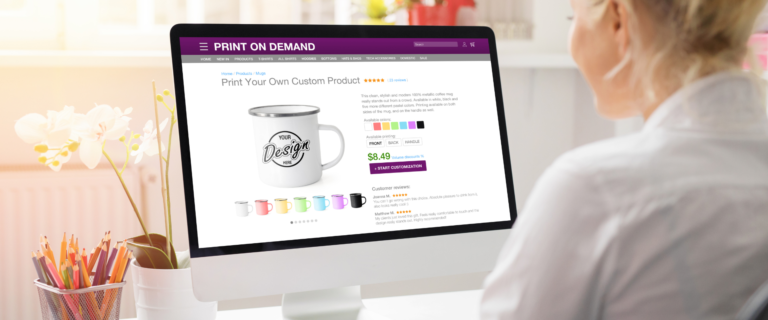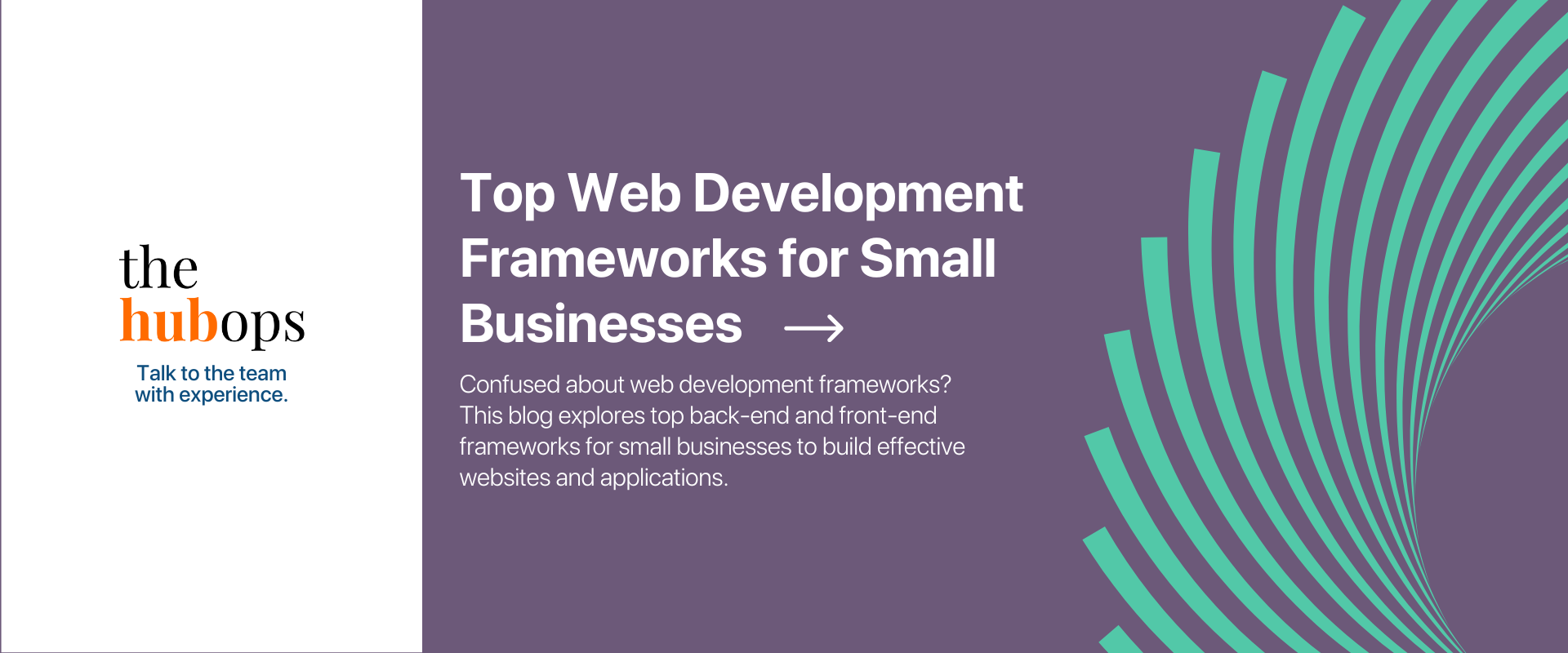The digital landscape is a battlefield for small businesses. To stand out, you need a robust and user-friendly online presence. Here’s where web development frameworks come in. These pre-built sets of tools and libraries act as the foundation for crafting websites and applications, saving you time and resources. But with a vast array of options available, choosing the best web development framework for your small business can be overwhelming.
This blog dives deep into the world of popular web application frameworks, exploring both top back-end frameworks that handle server-side logic and data management, and best front-end frameworks that create the user interface (UI) you see on your screen.
Understanding Back-End Frameworks
Back-end frameworks are the unsung heroes of web development. They handle crucial tasks like:
- Database Management: Storing and retrieving data efficiently.
- Server-Side Logic: Performing actions and calculations on the server.
- Security: Protecting your website and user information.
- Scalability: Ensuring your website can handle increased traffic.
Here's a breakdown of some of the best back-end frameworks for small businesses:
- Django (Python): Known for its ease of use, rapid development, and vast community support, Django is a popular choice for small businesses. It’s built with Python, a beginner-friendly language, making it ideal for projects with tight deadlines.
- Ruby on Rails (Ruby): This framework is lauded for its developer productivity and “convention over configuration” approach. Rails streamlines common web development tasks, allowing developers to focus on unique functionalities.
- Express.js (JavaScript): Express.js offers a lightweight and flexible Node.js framework for building various web applications. Its modular design allows developers to pick and choose the features they need, making it suitable for simple to complex projects.
- Laravel (PHP): Laravel is a feature-rich PHP framework known for its robust security features and elegant syntax. It provides a wide range of built-in functionalities for tasks like user authentication, authorization, and caching, accelerating development.
ASP.NET (Microsoft): If you’re comfortable with Microsoft technologies, ASP.NET is a powerful option. It offers seamless integration with other Microsoft products and provides a robust development environment.

Choosing the Best Back-End Framework:
The ideal back-end framework for your small business depends on several factors:
- Project Requirements: Consider the specific functionalities your website or application needs.
- Team Expertise: Choose a framework your developers are familiar with to ensure efficient development.
- Scalability Needs: Think about future growth and choose a framework that can scale effectively.
- Community Support: A large and active community can provide invaluable resources and troubleshooting assistance.
Taking Care of the Front-End
The front-end is what users see and interact with. Here are some of the best front-end frameworks to create a captivating user experience:
- React: Developed by Facebook, React is a powerful and flexible JavaScript library for building dynamic user interfaces. Its component-based structure allows for reusable code and easier maintenance.
- Angular: Another popular JavaScript framework, Angular is known for its comprehensive structure and strong tooling support. It’s ideal for complex single-page applications (SPAs) with robust features.
- Vue.js: Vue.js offers a balance between flexibility and structure. It’s known for its ease of learning and adoption, making it a great choice for smaller projects or teams new to front-end development.
- Bootstrap: Not strictly a framework, Bootstrap is a popular collection of pre-built components and styles for building responsive websites. It streamlines the development process and ensures consistent design across different devices.
Materialize CSS: Similar to Bootstrap, Materialize CSS provides a set of UI components based on Google’s Material Design principles. This framework allows you to create modern and visually appealing web interfaces quickly.
Selecting the Right Front-End Framework:
When choosing a front-end framework, consider:
- Project Complexity: For simpler websites, lightweight frameworks like Vue.js might suffice. Complex SPAs might benefit from Angular’s structure.
- Team Skills: Select a framework your developers are comfortable with to ensure efficient development.
- Desired UI Style: Consider frameworks like Materialize CSS if you want a Material Design aesthetic.
Hence one should know their goal and requirement before choosing a right platform for back-end and front-end.




